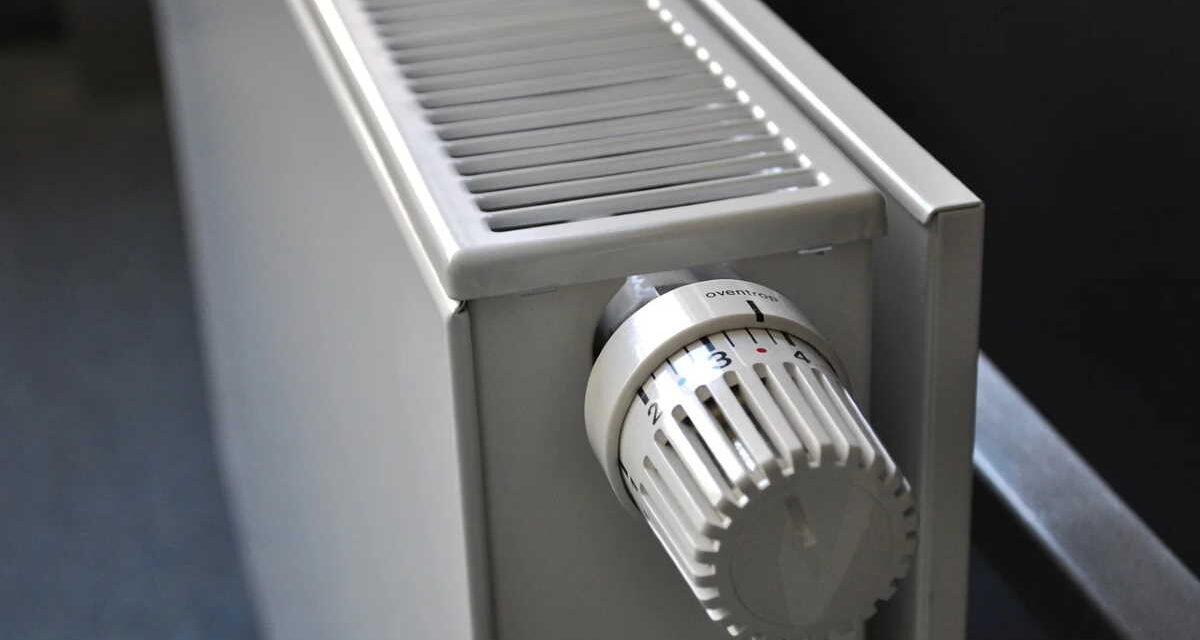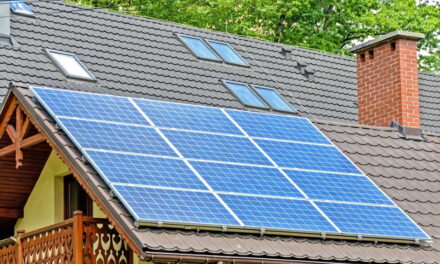Options are plentiful when it comes to home heating systems! Options are so plentiful, in fact, that many people feel overwhelmed by the choices. If you are looking to replace an existing system or are installing a new system, this article is for you. Below, the advantages and disadvantages of major home heating options are explored.
However, before examining the types of heating systems available, one value needs to be discussed. The AFUE (Annual Fuel Utilization Efficiency) is a measure of how efficient a furnace is. This number tells you how well the fuel itself is used. For instance, a 99% efficient furnace will extract 99% of the energy from a fuel to use for heating the home.
Though this value is not directly correlated with cost, it is indirectly correlated with how much a furnace costs to run. The more efficient a furnace is, the less fuel it will use. The less fuel you use, the more money you will save. Some furnaces today are capable of efficiencies as high as 97% (usually those burning natural gas).
Home heating systems: advantages and disadvantages
Forced Air Heat
Forced air heating systems are often referred to as “furnaces.” They work by heating air in a central location and then blowing it through metal ducts to various parts of a home. The differences in forced air systems are dependent on the type of fuel used to create the heat, which can include natural gas, propane, fuel oil, and electricity. As of now, natural gas is the cheapest fuel option in most locations while propane is generally the most expensive. Electric forced air systems can be paired with solar or wind power to create a green heating solution.
Advantages of forced air heat as a home heating system
Forced air heat has a number of advantages, the first of which is that the distribution system can be used for both heating and cooling. That is to say, either hot or cool air can be pumped through the same ductwork. If the ducts are already there for heat, adding on air conditioning isn’t a big deal or a big expense.
Forced air systems also benefit from being inexpensive to operate and highly efficient. In fact, forced air systems provide the highest AFUE values of any system. Paired with the right fuel (usually natural gas), a high AFUE makes a forced air system the cheapest to run over the long term.
Additional advantages of forced air systems include their ability to filter, humidify, or dehumidify the air in a home. Forced air systems provide the greatest control over indoor climate and air quality, making them great for allergy sufferers. To achieve the best performance from a forced air system, have a professional service evaluate it on a routine basis.
Disadvantages
Disadvantages of forced air systems include high installation costs (due to ductwork), a higher noise output than most systems, and regular maintenance needs that are generally a bit higher than those of other solutions. Forced air systems usually require yearly maintenance by a professional if they are to maintain their efficiency. They also require periodic cleaning to remove debris from the ductwork. Filters must be replaced every 90 days on average.
Radiant Heat
Radiant heat is the oldest form of heat known. Traditional systems used fireplaces or pot belly stoves to burn wood for heating a small space. Today, radiant systems tend to heat water, using natural gas, propane, oil, or wood, which is then pumped through pipes that radiate heat into a room. Some radiant systems use electricity and can be placed under flooring or in a ceiling. Many people use radiant heat to supplement other systems. It is particularly common to find radiant heat under bathroom tile or other types of flooring that tend to feel cold to bare feet.
Advantages of radiant heat as a home heating system
Advantages of radiant heating include even heating and high efficiencies if a central boiler is used to heat water. Additionally, systems installed in the floor or ceiling take up the least amount of space of any heating system. Many people find that radiant heat provides the most uniform warmth of any system and thus a high degree of comfort. If electric, radiant heat can be easily turned on and off, thus allowing it to be used only when the room is in use.
Disadvantages
The disadvantages of radiant heat tend to outweigh its advantages. First of all, it tends to have a long heating cycle because the material overlaying the heat source must warm up and then radiate heat into the room. Additionally, it can be expensive to install and even more expensive to repair if something goes wrong. Though maintenance is uncommon with radiant heat, removal of walls, floors, or ceilings may be necessary to access system components during a repair. Finally, radiant heat cannot accommodate air conditioning.
Hydronic (Water) Heat
Hydronic heat is more popularly called hot water baseboard heat. It is very common in large-scale commercial settings such as apartment buildings. This is because the water can be heated centrally in large quantities, making it highly efficient. These systems are often referred to as “boilers” and are similar – in many ways – to radiant heating systems that use water.
Advantages of using hydronic heat as a home heating system
The advantages of hydronic heat are its high energy efficiency (especially on large scales), its near silent operation, and its consistent temperature regulation. People find hydronic heat to be among the least intrusive in terms of noise. Hydronic systems can be heated by natural gas, propane, oil, or electricity.
Disadvantages
There are several disadvantages of hydronic heat. First, to work well, baseboard units must cover most of a room and remain unobstructed. This greatly reduces the useful areas around the perimeter of a room. Hydronic heat is also difficult to control in that changes in temperature occur slowly, over a long period of time. Finally, without ductwork, hydronic heat cannot accommodate a cooling system.
Steam Heat
Steam heat isn’t used much today, but it works much like hydronic heat. The biggest difference between the two is that steam heat uses steam rather than hot water. This, of course, leads to the biggest disadvantage of steam heat, which is that radiators can be hot enough to cause fires and even burns.
Advantages of steam heat as a home heating system
Advantages of steam heat include its high efficiency and ability to heat a space rapidly. It is also highly reliable and has relatively low maintenance requirements. Many people find the radiators associated with steam heat to be nostalgic.
Disadvantages
The disadvantages of steam heat include its ability to cause injury, radiators that some feel are unsightly, and a lack of ductwork to accommodate a cooling system. In addition to these problems, steam heat can be very dangerous when it does malfunction. Radiators can cause property damage if they leak and are fire hazards if drapes or other combustibles come into contact with them.
Geothermal Heat
Geothermal heat is relatively new. These systems work using the concept of a heat pump in which the ground, due to its relatively stable temperature, serves as a repository for cool air in the summer and as a source of warm air in the winter. The system generally does not function without an additional energy source to bring the final temperature of the system up or down to that desired in the home.
Advantages of geothermal heat as a home heating system
Geothermal heat is the most efficient in terms of operating costs. The EPA estimates that it will save 30 to 70% on heating and 20 to 50% on cooling costs in a year. The system is also virtually maintenance free and simple to operate. Finally, geothermal systems can provide domestic water in addition to heating and cooling.
Disadvantages
The biggest disadvantage of geothermal energy is the high upfront cost. While it is one of the cheapest systems to use over the long term, geothermal energy is expensive to install because it requires heavy equipment to drill into the ground. In addition to high upfront costs, geothermal heat pumps are a relatively new technology and thus not as well tested as other heating solutions.
The Bottom Line
When it comes to installing a heating system, the major things that must be considered are upfront costs, operating costs (long term fuel and maintenance costs), whether central cooling is desired, and how environmentally friendly the system is. For most homeowners, forced air systems seem to best meet the majority of these criteria. Of course, that doesn’t mean forced air systems are for everyone. Weigh your options carefully and budget accordingly. Sometimes, accepting the high upfront cost of a particular system can save you a great deal over the long term.
John Young loves refurbishing houses. He often writes about home construction projects on DIY and homeowner blogs.






Hi Anne, I agree that a lot of things need to be considered before selecting a heating system for our houses. But unfortunately people think of the factors which matter to them, for instance – the installation costs and the maintenance costs. These considered, they do not want to know about anything else.
Thanks for telling me step by step l like the whole content but liked Forced Air Heat
portion most this was so informative to grabbed the information.
Welcome to the blog, Saim. And thanks for your comment.